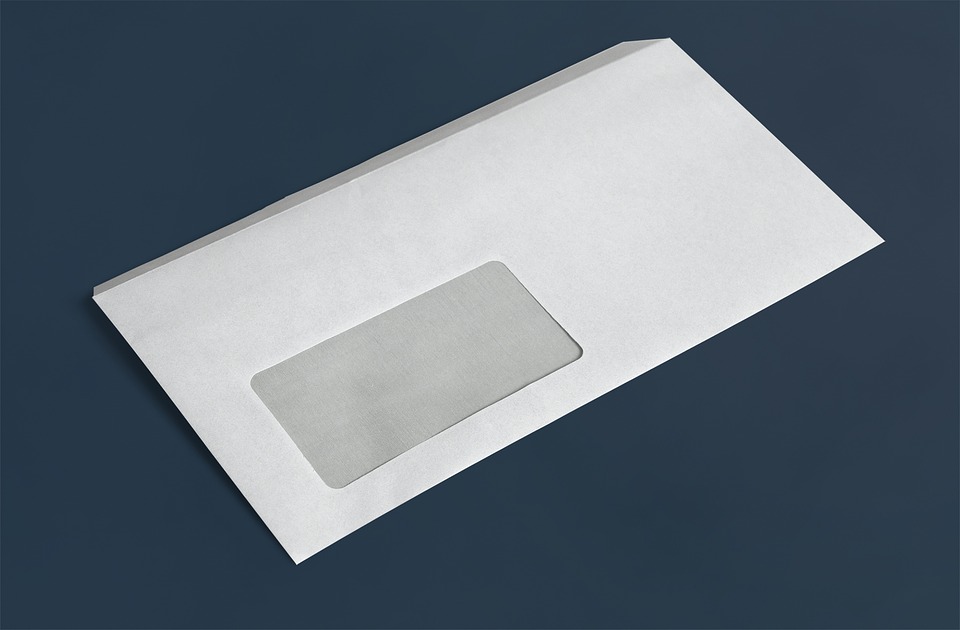When a leasehold property is sold, the service charge account may not always be up to date. What can you, as the managing agent, do about outstanding arrears when an apartment changes hands?
Helen Carey, service charge and leasehold specialist at Brady Solicitors explains your options.
In a perfect world, the buyer would make enquiries of the seller before the sale completed to ascertain the level of service charges payable under the lease and, equally importantly, if there are any arrears.
Ideally, the seller would have also contacted the managing agent to obtain all the up-to-date information. At this point, the managing agent can then play their part in a smooth sale, prompting the seller into obtaining proper consent to sell (if applicable), securing payment of any outstanding arrears – and serving a Notice of the Assignment when the sale completes.
Finally, in this ideal scenario, a contract clause should have been drawn up between the seller and the buyer to deal with any arrears. This clause would usually require the seller to pay all the arrears and provide a receipt for payment on completion.
Unfortunately, however, we live in a less than perfect world, something goes wrong along the way – and the property is sold with the unpaid service charge demand.
If managing agents are faced with a new leaseholder who is refusing to pay service charge arrears because they relate to a period before his ownership, then they cannot make the demands of the new leaseholder or seek a County Court judgment.
This is because according to general law and the Landlord and Tenant (Covenants) Act 1995, a buyer is not liable under any of the covenants of a lease until the actual assignment takes place.
So, service charges accrued before the assignment/purchase are not the responsibility of the new leaseholder.
However, under leasehold law, the lease may still be forfeited for non-payment of service charges and possession of the flat obtained from the buyer – even though he owes nothing and has no liability to pay.
As a result, it often ends up being in the best interests of the new leaseholder to pay the arrears, unfair though it feels.
A summary of the correct procedure
If the previous leaseholder has not admitted the arrears, then an application may be made to the County Court for a judgment in respect of the arrears. The correct party to the proceedings is the previous leaseholder as the arrears are due from him. It is good practice to give notice of the proceedings also to the new leaseholder – as they may make the decision to pay the amount owing in order to avoid further proceedings and costs.
Check the lease to ensure that the service charges are ‘reserved as rent.’ If not, then it will be necessary to serve a Section 146 Notice on the new leaseholder as ‘lessee.’ If the new leaseholder does not pay the arrears within the time stipulated in the Section 146 Notice then proceedings can be commenced against them. Often relief against forfeiture will only be granted if payment of the arrears of service charge is made either by the new leaseholder or their mortgagee.
Caveat emptor – and avoiding complexity
Recovering arrears once a leasehold property has been sold is a more complex process but we have a strong track record of success in this area at Bradys. Our core advice to managing agents would be to keep lines of communication open with leaseholders so you understand when a property might be sold, and so that the appropriate information can be provided to all parties.
And for the buyer, inheriting unpaid service charge demands can feel like a very unwelcome moving-in gift. It’s a classic case of caveat emptor – or ‘buyer beware’. In other words, don’t scrimp on the conveyancing if you want to make sure you are armed with all the relevant information ahead of completion!




